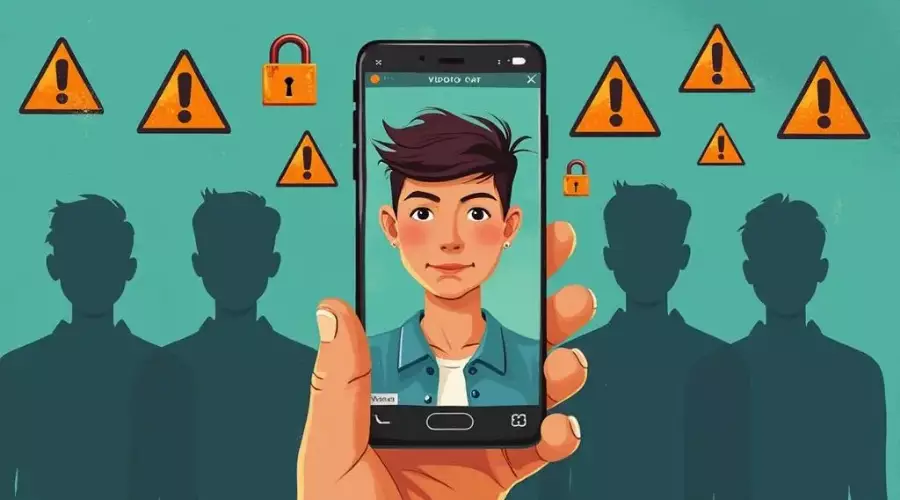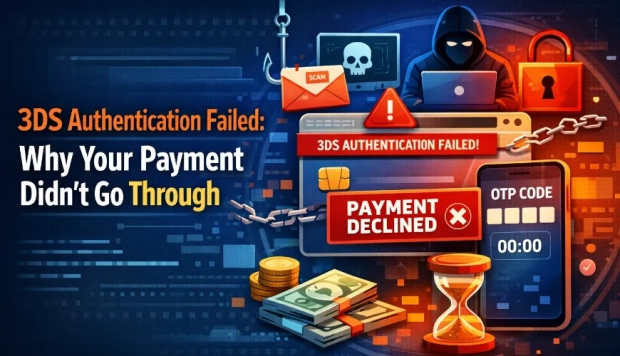Understanding the Risks of Monkey App for Young Users

Ever spot that bright yellow monkey icon on someone's phone and wonder, "What exactly are they up to?” Monkey App has this oddly magnetic pull - a mix of curiosity, thrill, and just-out-of-reach mystery. On the surface, it looks harmless: quick video chats with random people, a few swipes here, a tap there. But underneath, it's a very different story.
Before we go too far, let's acknowledge something: the draw is real. For teens, Monkey feels like a shortcut to instant connection-no waiting, no awkward "can I add you?” moments. Just straight into talking to someone new. The catch? It's not exactly the safest playground on the internet, and conversations about safety need to be happening early and often. Some parents also compare it to alternatives like Emerald Chat or OMGFun, which promise a slightly different approach. And since the app revolves around video chat, it raises new concerns about privacy that can't be ignored. Add to that the unpredictable nature of random chat features, and suddenly the question is Monkey app safe feels more important than ever-especially at home.
So, What Exactly Is Monkey App?
Monkey App launched with the goal of making it easier to meet new people through short, face-to-face video chats. Think of it as a mash-up between the randomness of Omegle and the swiping culture of Tinder - except aimed heavily at younger users. You open it, get matched with a stranger, and chat for a short window of time before deciding if you want to keep talking or move on.
Its simplicity is part of the charm. No complex setup, no lengthy profiles. Just you, your camera, and someone else's curiosity staring back. But here's where it gets tricky: that "someone else” could be anyone.
Why Teens Love It (Even When They Know It's Risky)
If you're a parent, you might be wondering: Why would anyone choose to talk to strangers online? Well, in a world where most social media connections are filtered through layers of curated profiles, Monkey feels raw and spontaneous. Teens like that.
-
It's the thrill of the unknown. Who's on the other side? A kid from another country? Someone famous? (Spoiler: rarely.)
-
It's instant social currency. Telling friends you "met someone crazy on Monkey” is basically the modern equivalent of, "I prank-called a stranger, and they actually picked up.”
-
It's slightly rebellious. Let's be honest - a platform your parents wouldn't approve of instantly has more appeal.
I sometimes compare it to the days of old-school chatrooms or MySpace. There was this sense that you could stumble into something exciting - a cool conversation, a shared joke, maybe even a new friendship. The problem is, the stakes today are much higher.
The Big Safety Problems You Can't Ignore
Now we're getting into the part that doesn't make it onto the flashy app store description. Monkey's safety gaps aren't small; they're baked into the way it works.
1. Age Verification Is Practically Non-Existent
Sure, there's a supposed age requirement (usually 18+ or 13+ with parental permission). But verifying that? Basically a trust system. A 12-year-old can claim to be 18, and unless they look very young, the system lets it slide.
2. Inappropriate Content Appears Fast
When you give strangers the ability to instantly connect on camera, you're opening the door to accidental - or intentional - exposure to sexual content, harassment, and all sorts of inappropriate behavior.
3. Predators Exploit the Platform
This isn't fear-mongering; it's reality. Apps like Monkey are magnets for people who want to manipulate or groom younger users. And they often use charm and slow-build tactics that even smart, aware teens can miss until it's too late.
Risks People Don't Think About (But Should)
Even if you set aside the obvious dangers, there are other risks hiding in plain sight.
-
Data Privacy Concerns - Monkey collects user information. Combined with video content, this can lead to potential misuse or data breaches.
-
Emotional Fallout - Teens are especially sensitive to rejection, bullying, or being mocked in a live chat. A bad encounter can stick with them.
-
Scam Exposure - Not every "friendly stranger” is looking for conversation. Some are there to push phishing links or request personal info.
I've seen adults fall for elaborate scams that start with "just chatting,” so expecting a teenager to spot every red flag is unrealistic.
The Social Side Parents Often Overlook
Beyond safety, there's a social dynamic worth mentioning. Monkey feeds into a culture of constant novelty - every chat is a fresh start, which can make real-world interactions feel slow or boring by comparison. For younger users still developing their sense of patience and empathy, this can shape how they see relationships.
It's the same effect we've seen with short-form video platforms like TikTok. The quick-hit dopamine rush rewires attention spans. On Monkey, that translates to treating people like fast-forwardable content.
And let's not forget the performative pressure. Teens may feel they have to look "interesting” or act a certain way to keep someone engaged. That's exhausting, and over time, it can chip away at self-esteem.
How Parents Can Step In Without Overstepping
You don't have to be that parent - the one who confiscates the phone and kills all social life in a single swoop. But you do need to be informed, and you do need to be involved.
-
Start the Conversation Early - Ask open questions: "What do you like about talking to strangers online?” instead of "Why are you on that dangerous app?”
-
Set Boundaries Together - Work on agreements rather than rules handed down from above. This builds trust.
-
Use Tools That Actually Work - Parental control apps like Bark, Qustodio, or Norton Family can flag risky behavior without completely cutting off freedom.
-
Suggest Safer Alternatives - Platforms like Emerald Chat offer random video chat but with stronger safety measures and community guidelines.
When Curiosity Crosses the Line
One of the trickiest things about apps like Monkey is that they blur the line between harmless curiosity and risky behavior. A teen might log in just to see what it's about. But if they connect with someone who flatters them, shares secrets, or seems "cooler” than their real-life peers, the bond can grow quickly - and dangerously.
Predators know this. They rely on small, gradual exchanges to build trust. It might start with talking about music or school, then slowly shift into personal territory. That's why early awareness matters more than strict bans.
The Hard Question: Is Monkey App Ever Worth the Risk?
It depends on who's using it, how they're using it, and what safeguards are in place. If you're a 25-year-old adult looking for a spontaneous chat, the risks are different - though still there. If you're a 14-year-old curious about the world, the potential for harm skyrockets.
The reality is, Monkey App thrives on quick, unfiltered connections - and unfiltered isn't always a good thing. Yes, some people walk away with funny stories or new friends. But others walk away shaken, manipulated, or worse.
Wrapping It Up
I'm not here to tell you to panic every time your kid downloads something. But with Monkey, awareness really is the best defense.
If you're a parent, talk to your kids before they try it. If you're a teen, know what you're walking into. And if you're neither, maybe just remember that the internet doesn't forget - and neither do the people on the other side of the screen.



